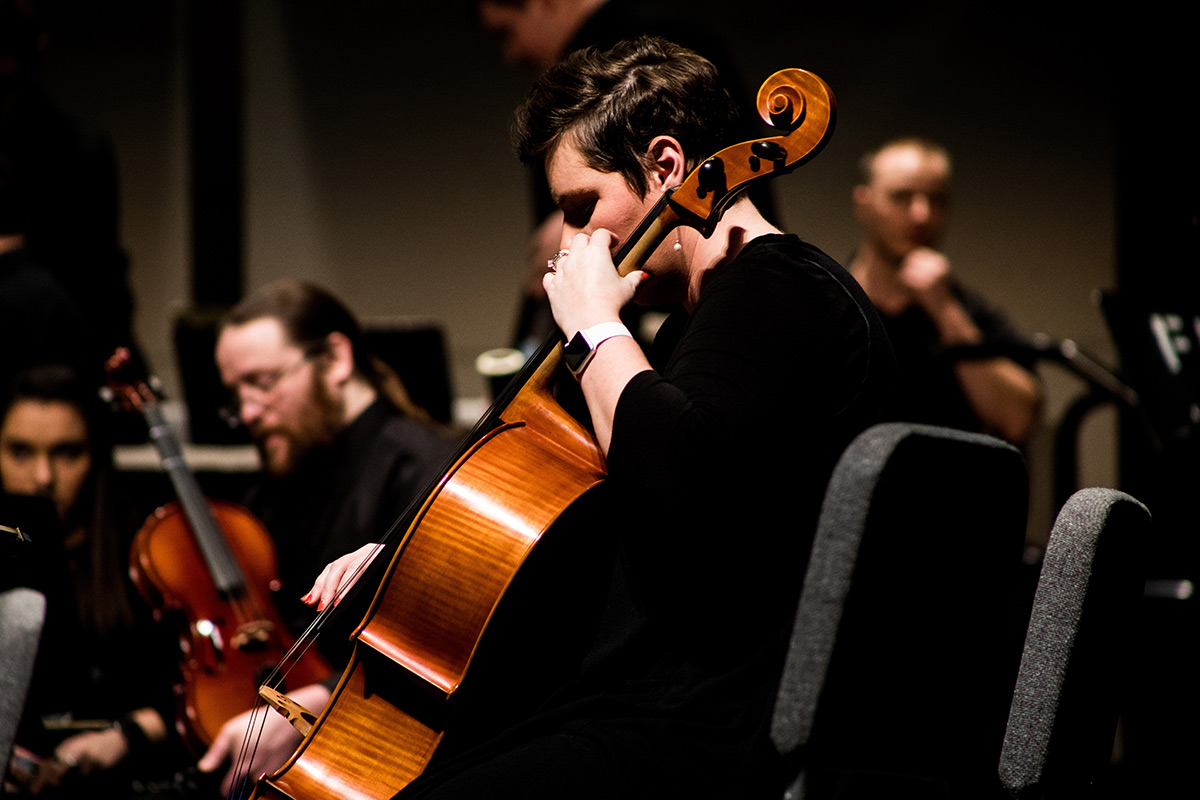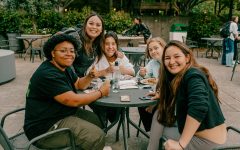Coming Back to Life: Preparing for music-making in the fall
August 20, 2021 2021-08-20 11:22Coming Back to Life: Preparing for music-making in the fall
By Becky St. Clair
We’re all tired of talking about the pandemic, but…it’s here to stay for a while, and we can’t ignore it. What we can do, however, is focus on coming out the other side of it all, physically, mentally, and spiritually intact.
Over the last 17 months or so, it’s likely your lifestyle and habits have changed significantly. Whether that means dropping or discovering a hobby, picking up or conquering bad habits, sleeping different hours, or developing a hatred of all things Zoom and an appreciation for well-stocked grocery stores, it’s likely life looks quite different for you in August 2021 than it did in March 2020.
For many of us who are musicians, this change in lifestyle likely includes a dramatic decrease in the amount of playing or singing we do on a regular basis. Which means that when we talk about “getting back in shape,” we’re not talking about those pounds that mysteriously appeared over the last year and a half and obviously had nothing to do with the vast number of baked goods and stress snacks we were consuming. (#denial)
When we as musicians talk about “getting back in shape” we’re talking chops. For brass and woodwind players this is the embouchure and breath control; for string players, guitarists, and pianists it’s calluses and muscle memory; for vocalists it’s the vocal cords and breath control; for percussionists it’s the forearm muscles, hand-eye coordination, and accuracy. And after a year and a half of not using them, these skills and abilities likely need a bit of a tune-up.
Here’s the good news:
- It’s totally doable to get yourself back in shape in time for fall quarter ensembles and lessons; and
- If you haven’t been involved with music yet at PUC, now’s the time to join, because everyone is in the same boat, and music is the life preserver.
So, without further ado, here’s some sage advice and tips from the music faculty at PUC.
Don’t practice. Get together with friends and just play or sing. Do duets or quartets. Play woodwind and brass quintets. Play or sing with an organist or pianist. After all the isolation, playing with friends is a joy. And don’t worry if your ensemble is made up of odd instruments. A flute can play a violin part (and vice-versa). Clarinets, tenor saxes, and trumpets are interchangeable. Lots of music today even has parts in multiple keys so the instrumentation is very flexible. Have some fun and make some music.
Schedule yourself as the special music in church (and then take the music to a retirement home or a hospital or a place where people need to hear some music). Don’t pick anything too hard or too long, just something that you might enjoy playing. A few rehearsals, a performance, and you’ve made a lot of peoples’ lives brighter with your talent, and gotten your fingers and face back in shape. Hey, do this more than once! People want to hear you.
Commit to playing/singing for only 10 minutes several times a week. If things are going well and you want to spend more time, great! But 10 minutes begins to get your muscles back into shape. Your playing/singing muscles are likely out of shape, and just like an athlete, take time to rebuild them so you play/sing without injuring them.
Play with curiosity rather than expectation. Celebrate what still works and give yourself grace for what doesn’t. It may have been a long time since you played or sang. That means the control you used to have with your instrument/voice may not be as accessible as it used to be. It will come back!
Review the basics. Simple scales, hymns, and long notes can be used to remind and re-engage your muscles/embouchure/vocal chords in good habits of intonation, articulation, and control.
Find a rhythm book or other music book and practice reading the rhythms on a single note. This will make it easier when you start sight reading again.
And here are some thoughts for once we’re back together in September:
Manage expectations. We must remind ourselves that the instrument is rusty and like going back to exercising after a break, the voice is going to respond similarly. It will take time to get back to our previous level regarding breath, tone, volume control, etc.
Make it about socializing–rebuilding connections and trust. These are two elements that have been in short supply over the last year and a half. Provide plenty of time to socialize and get acquainted or reacquainted.
Have reasonable goals in terms of skill development and musical artistry. Start with things that can be mastered and grow from there.
Celebrate the ability to make music together again. It is a privilege that others may not fully grasp.
Give yourself and others time and space to share what you’ve missed and what you hope to gain and revitalize.
Many of us have really, truly suffered from not being able to be with one another and make music while actually in the same room. It will take time and care for each other to get back into the swing of things, but regardless of how long it has been, celebrate the journey and privilege of making music. Treat it as a gift and give yourself grace. We cannot wait to see you in September!
For information about the department of music, including how to be part of an ensemble (spoiler: it’s easy, and there’s scholarship money involved!), contact us at music@puc.edu or 707-965-6201.
Photo by Kael Bloom on Unsplash






